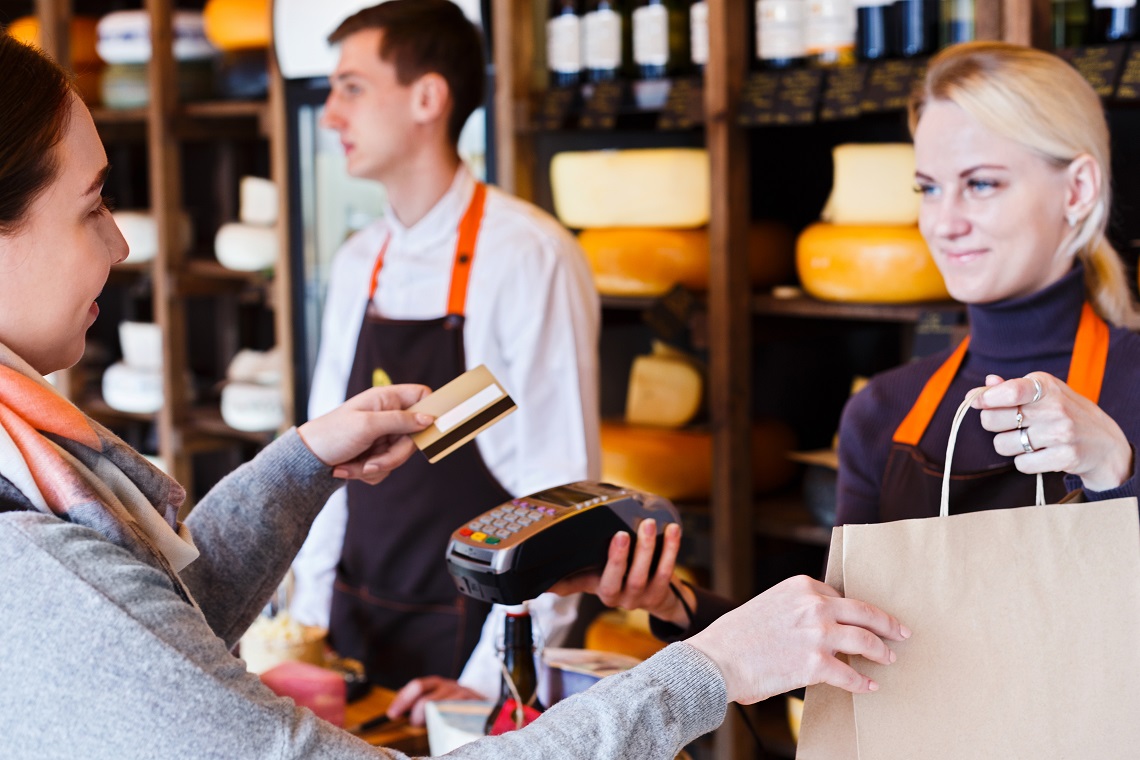Retail turnover rose by 2.4 per cent in June according to the Australian Bureau of Statistics (ABS) preliminary report released earlier this week.
June 2020 increases were led by cafes, restaurants and takeaway food services, and clothing, footwear and personal accessory retailing. Some states saw continuing restrictions on trade during June, but many businesses in these industries saw a full month of trade, having been closed for the first week of May 2020.
The ABS data said there was “a fall in liquor retailing”, which offset a rise in supermarket and grocery store turnover.
Despite the positive figures for June, National Retail Association (NRA) CEO Dominique Lamb said the road to retail recovery following the COVID-19 wrecking ball remains long and fraught with hazards.
“Retail turnover in June experienced a solid rise in sales following the lifting of several business restrictions,” Lamb said.
“It was the first full month that restaurants and clothing stores had been allowed to trade, with many being forced to close in April and May. We expected a pickup in sales for these businesses but turnover for this section of retail is still well below June 2019.”
Lamb said that the second lockdown in Victoria shows the retail sector remains in a volatile state and is far from out of the woods.
“We can’t accurately assess how retail is travelling by looking at one month in isolation. In the last four months’ turnover has fluctuated wildly due to panic-buying, lockdown restrictions and economic uncertainty,” she said.
“The second-wave of COVID-19 infections in Victoria, along with the subsequent reimposition of restrictions, underlines that the future is far from certain.”
Lamb added seeing other parts of the country go into lockdown again, could have huge consequences for the retail sector.
“By our calculations, $3.4 billion in retail sales were lost in the month of April during the height of the lockdown restrictions. If we see the same spike we’ve seen in Melbourne occur in other parts of the country, the economics ramifications would be dire.”
In terms of how the sector can recover, Lamb said: “Ultimately we really need to see a pick-up in discretionary spending to prevent many small businesses from hitting the wall. That is why careful consideration also needs to be given to programs such as JobSeeker so that we don’t see an overnight plunge in consumer spending.”
Part of getting Australians out and shopping again will entail a greater level of comfort about precautions businesses are taking to protect the health of their customers, according to this year’s Small Business Recovery research commissioned by American Express.
More than half (52 per cent) of shoppers said they were concerned for their safety, and 80 per cent said businesses need to implement safety measures such as sanitisers and distance markers for them to feel safe.
Only a third (33 per cent) of shoppers said they felt at ease to return to bricks-and-mortar stores, and 22 per cent will only do so once COVID-19 cases get down to zero in their state. Another 15 per cent said only when no cases exist nationwide.
Kate Carnell, Australian Small Business and Family Enterprise Ombudsman, said: “There’s no doubt there has never been a tougher time to be in business. While it’s encouraging to see so many small businesses confident they can survive this crisis, they will face enormous challenges over the coming months as they work to get back on their feet.
“What small businesses need right now is our support. The best way to do that is by visiting your local small businesses or shopping online for local products and services. Every dollar spent not only goes to that small business, but to the community as well.”

